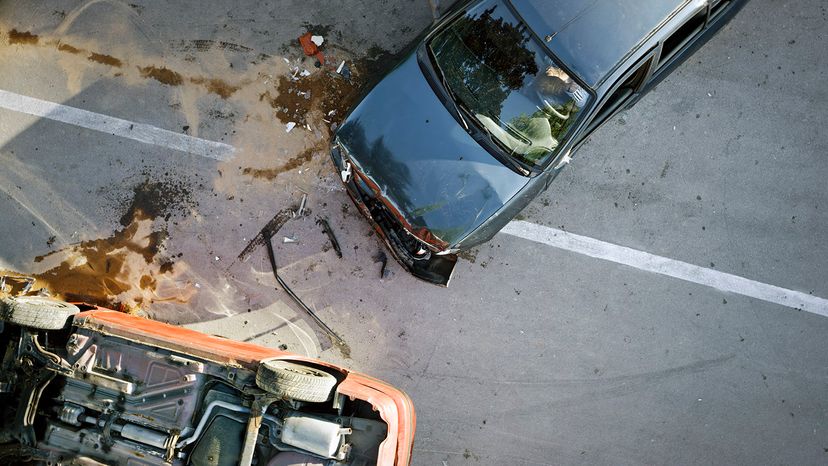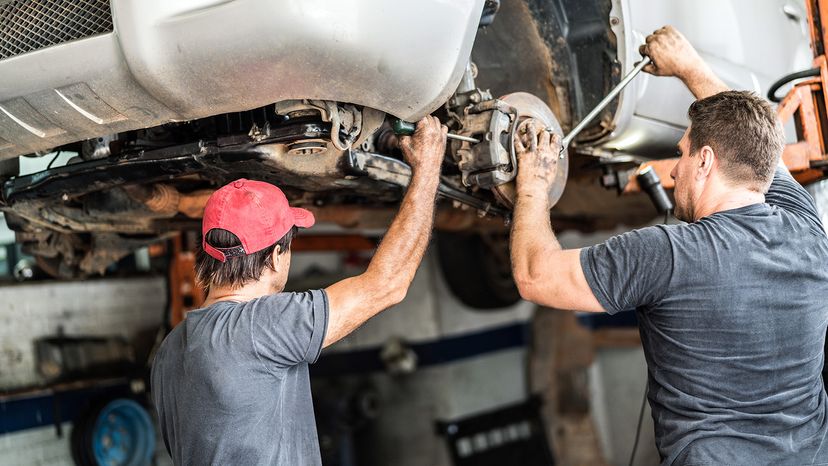
A car is considered totaled when the cost of repairs is greater than the car is worth. When these totaled cars are purchased, fixed and put back on the road, they get a salvage title. Think about that for a second. In order for a car to be termed "salvage," the cost of repairs has to outweigh the car's value, and the title is branded as such to let future buyers know that this car has a significant history [source: O'Connell]. So when all is said and done, a buyer shouldn't expect to get a perfect car for 40 percent off the price. The numbers just don't add up.
However, the dreaded salvage title does mean that the price of a salvaged car might, in fact, drop below what it's really worth. So if you're in the market for a salvaged car, you have to consider the price as sweat equity — you put in the work of finding, troubleshooting, insuring and likely fixing a salvage auto, and you paid for the work in the form of savings on the sticker price off a regular car.
Advertisement
It's a teeter-totter, with your time, money and effort on one side and the car on the other. Which way does the teeter-totter tip? If the car's value outweighs all the stuff you have to put into it, it's a good deal in the long run; however, if the headache, cost and time outweigh the car, it's a bad deal.
Here are 10 tips that may help tilt the teeter-totter in favor of a purchase.


